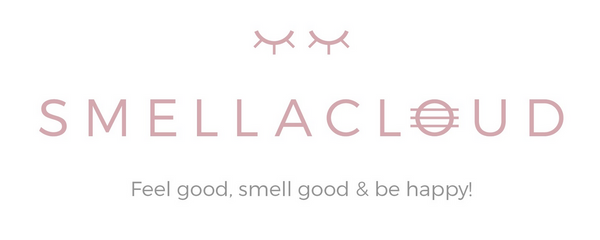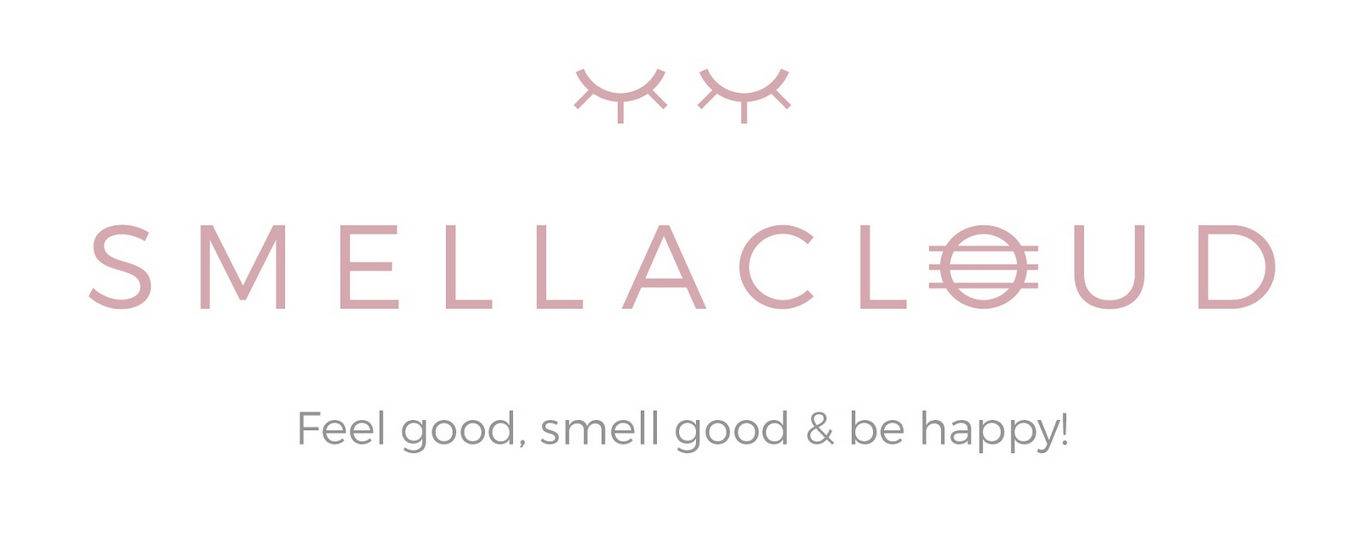How can Aroma diffusers increase your home's air humidity in these challenging times?

How can aroma diffusers increase your home’s air humidity in these challenging times?
We have entered 2021 and can state that this will also be a challenging year. Working from home, not being able to go on holiday or sharing great moments with your loved ones.
Even though there is a light at the end of the tunnel with the amazing and innotivatie mRNA technology, the virus will be brought under control. Fingers crossed!
The only thing we can do is keep calm, cool and collective. Of course, Smellacloud is here to help! We all know the basics when it comes to COVID. Wash your hands frequently, limit contacts with others and wear a mask when going out in public. For some this is easier than for others. Some people unfortunately do not have the luxury to work from home. They still have to go out for their work and come in contact with groups of people daily. Even though taking all the precautions,you could still be exposed to the virus and bring it back to your home. So how do aroma diffusers fit into this story? Let’s break this information down for you!
Increasing the relative air humidity
An overlooked factor in this situation (the increasement of relative air humidity) can potentially decrease transmission rates to the standard of 40 to 60 percent.
A report which looked at ten international studies found that low relative air humidity “strongly influences” the spread of viruses between people who are in those dry environments.
The spread of a virus like the flu or covid depends largely on infected people coughing, talking, or breathing out small particles or larger droplets into the air. These particles are then inhaled by people who are close enough to come into contact with the airborne particles.
Although surfaces can harbor the virus, and transmission is possible, researchers are now saying this is not a significant source of risk. You are much, much more likely to be infected by directly breathing in air that has virus-containing particles in it.
First of all, let’s look at the concept of relative air humidity. The humidity of the air simply means how much water vapor is in the air at the time of measurement. Relative humidity takes the temperature into account and means how much water vapor is in the air now, and how much it could hold, based on the temperature. This is then expressed as a percent. For example, a relative humidity of 50 percent, simply means the air is holding half of the water it could hold at that temperature.
Here’s another thing that is important to understand: Dry air cannot hold as much moisture as warm air, and will have lower relative humidity. This is why winter air is so drying and irritating to the skin and nasal passages, as it generally has a relative humidity of around only ten to twenty percent.
When you turn on the heat in your house in the winter, this dries out the air even more. The mucus membranes of your sinuses and respiratory tract don’t work as well, and their ability to eject inhaled particles drops, making you more susceptible to infection.

Low Humidity - It’s not the best!
So,this is a great environment for the virus to be in. They can just go ahead and do their thing! Research shows that when air has a relative humidity of less than forty percent, the stability of the virus is increased. In other words, the virus lives longer in dry air. Plus, in drier air, the particles that carry the virus remain in the air longer.
This is because these larger droplets, which normally would have dropped out of circulation due to their weight, turn into smaller particles due to increased evaporation. This means these small infectious particles can literally stay in the air for hours, and travel well beyond the six feet which is considered the minimum for safely social distancing.
So you have not one, but three factors working against you and for the virus when the air humidity is low:
One - Your ability to fight off infection decreases
Two - The virus lives longer
Three - The virus remains in the air longer.
The bottom line? You should keep the relative air humidity in your home or office between forty and sixty percent. You don’t want to go much above sixty percent though, as this could encourage the growth of mold. Yikes!
Aroma Diffusers And Humidity - Multiple Benefits
But before you go rushing out to purchase a regular humidifier for your home or office, here’s something else to consider. Aroma diffusers, which disperse fragrant essential oils into the air, also work well as humidifiers. The diffuser has a water reservoir, into which you put the essential oil. The aroma diffuser works by sending high-frequency vibrations through the water, which causes the water with the essential oils to be dispersed as a fine cool mist into the surrounding air, filling the air not only with fragrance but with health-enhancing moisture.
Besides humidifying the air, a well-made aroma diffuser offers many other health advantages over a plain humidifier, especially important during this pandemic. Among those advantages are these:
One of the largest benefits of regularly using an aroma diffuser is for stress control. Research shows that the diffusion of an essential oil such as lavender can not only help to relieve stress, but also reduce anxiety. Plus the science is clear about the devastating negative effects that chronic stress can have on your immune system, further weakening your body’s ability to fight off bacteria and viruses. Let’s not forget the extra strain we have all been experiencing during this pandemic. Working from home and not being able to see your loved ones can be stressful. Aromatherapy can help you boost your mood in a positive way.
A second benefit of regularly using an aroma diffuser is increasing the quality of your sleep. Essential oils such as lavender, rose and chamomile or a blend of essential oils are often used to relieve insomnia. Lack of sleep weakens your immunity and increases your chances of getting a viral infection. Adequate sleep, on the other hand, enhances your immune system and can help protect you from infection.
Scientists are only now beginning to look at using essential oils to combat viruses. While there is no definitive study indicating essential oils are effective in killing the coronavirus, one study showed star anise oil to be effective in destroying the Herpes simplex virus. A 2018 study evaluated sixty-three essential oils for anti-influenza activity and found eleven oils that demonstrated reductions in visible effects of the virus.
Your Next Step - Increasing Your Home’s Humidity
So, science has finally spoken! Keeping the relative humidity of your home or office between forty and sixty percent is one of the best ways to decrease the ability of the virus from spreading. It is also beneficial for your respiratory system and helps it more effectively fight off infectious particles. Using an aroma diffuser, not only as a humidifier but as a dispenser of essential oils has so many benefits. It can bring positive effects on your sleep, immune system, stress levels which all contribute to your health.
To get more information on all of our quality aroma diffusers, as well as our pure, natural essential oils and essential oil blends simply click here. Your health, as well as the health of your family and your loved ones, deserves the best!


